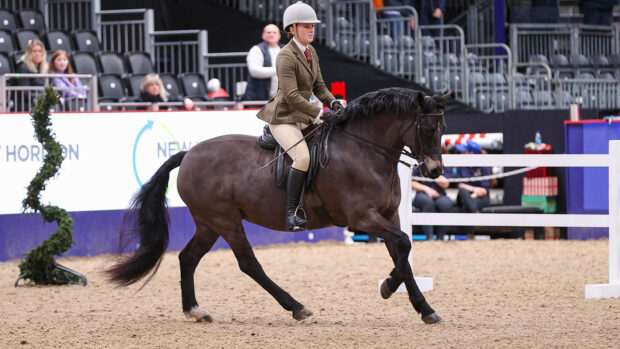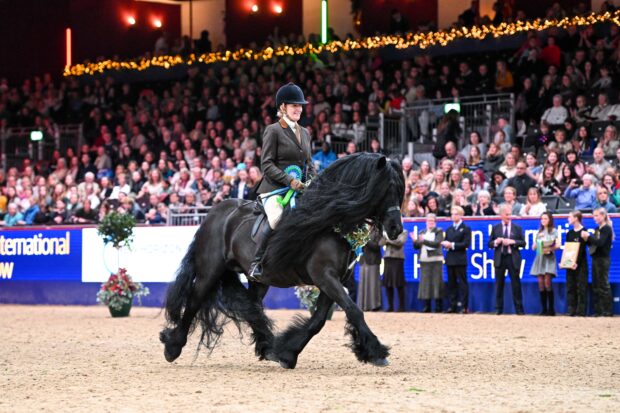Twelve Exmoor ponies will be making the trip from Devon to Durham, after a wildlife trust raised an astonishing £10,000 in a week to purchase and support a new herd.
Durham Wildlife Trust (DWT) launched the crowd funding appeal as it wanted the ponies for conservation grazing on their nature reserves between the Tees and Tyne.
After receiving several large donations, the trust met its target in record time, and the ponies will be headed to Durham from the Exmoor charity the Moorland Mousie Trust in January.
“We are privileged to live in a region that has some very special animals and plants, alongside more common species. Durham Wildlife Trust is doing all it can to protect and conserve wildlife now and for the future and traditional grazing with Exmoor ponies is one of many actions that the trust is undertaking,” said DWT chairman Steve Gater.
“It is good to know that so many people are interested in their local wildlife. I would like to thank all those who have very kindly contributed to this appeal.”
The Moorland Mousie Trust loans ponies to sites all over the country to graze as and when required, but this herd of young geldings will be owned by the DWT and will graze their sites full-time.
“We’ve been providing ponies to projects all over the country but mostly in the north, we even have ponies grazing inner city sites, including one at the back of the metro Centre in Newcastle,” said Moorland Mousie trustee Juliet Rogers.
“Most of these are ‘flying herds’ that move between locations and we also work in conjunction with an outfit called Flexigraze that rotates cattle, ponies and sheep.”
Continued below…
Related articles:
Second Exmoor herd introduced to Czech Republic
What can you do to help protect endangered Exmoor ponies? *VIDEO*
Moorland Mousie Exmoor pony book series to be reprinted
The Exmoor ponies are the oldest native breed in the UK, and their double-layered coats make them ideal for coping with hostile winter conditions on reserves, where their natural grazing preferences help improve species diversity.
“Some places have started to bring in Koniks from Poland to graze special interest sites, but we’ve found the native Exmoors do the job best,” added Juliet.
Most of the ponies the trust uses are sourced straight from farmers on Exmoor as foals, where they are then handled and gelded before suitable homes are found.
“We take in the colt foals to stop them being slaughtered,” said Juliet. “This year we’ve had around 20 foals come in and then probably another five to 10 ponies that need rehoming from other sources.”
DWT member Robin Laycock and his wife Sue were among the first people to donate to towards the Durham herd.
“Not only does it give these rare-breed ponies a secured future, but having them on our local nature reserves will make a significant contribution to nature conservation,” he said.
“By their very nature, the ponies will encourage more people, young and old to get out and visit their local nature reserves and to value their local wild places.”





